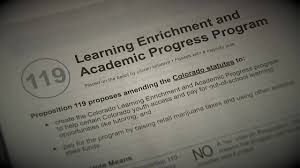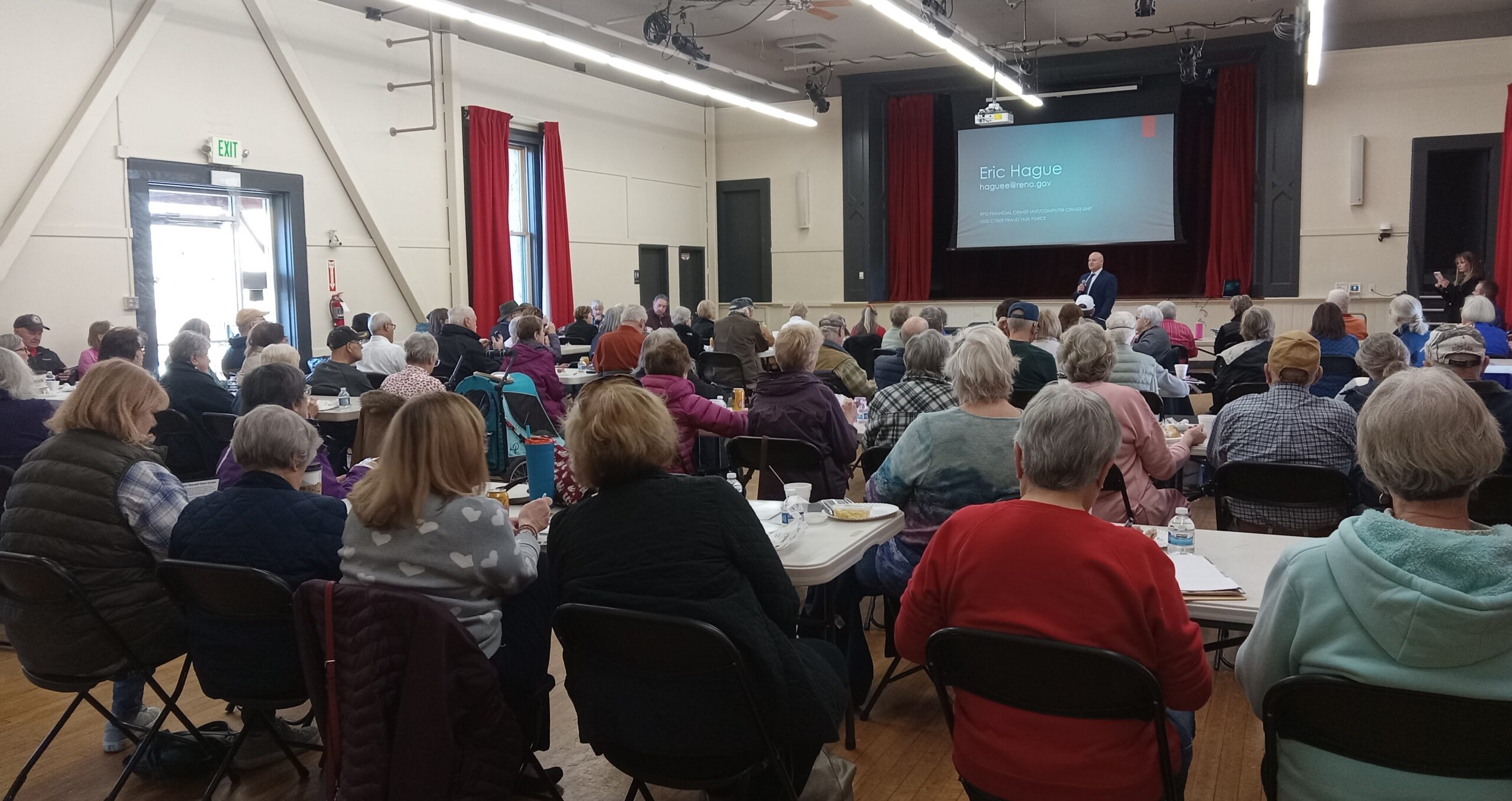(DENVER) — A key ballot for funding statewide after-school programs using a tax increase from marijuana sales failed during the Nov. 2 vote in Colorado.
Proposition 119 (also known as initiative 25) would have increased marijuana sales taxes incrementally over the next three years, starting at a 5% increase until taxation reached 20% by the beginning of 2023. The bill failed at the ballot boxes, with 54.4% of voters casting against the proposal.
The measure had been a major point of debate between conservatives and liberals, with a large number of Democrats decrying the bill and refusing to vote yes.
Had the bill succeeded, a portion of the money collected through the tax would have been used to create the Learning Enrichment and Academic Progress Program (LEAP), which would have been overseen by the Colorado Learning Authority. This new state agency would have been authorized to give funds directly to low-income families who applied and qualified, in the amount of $1,500 per student each academic year. “Families would be able to get to choose the out-of-school learning opportunities that they feel best fit their child,” Damion LeeNatali, vice president of policy and strategic philanthropy at the nonprofit Gary Community Ventures, told Colorado Public Radio in the run-up to voting.
Critics of the bill, primarily Democrats, argued that this payment oversight structure could provide more funding to private institutions. They said any new money raised should be handed over to the Colorado Board of Education and used to fund activities in public schools. “Momentum has steadily shifted against Prop 119 in recent weeks as voters learned more about it and how it would take money from public schools,” Wendy Howell, state director of the CO Working Families Party, told The Denver Post the morning after the vote.
Questions were also raised about how families’ application and award process would work, with concern over the potential for abuse of funds. The program was set to target children living in households at twice the poverty line, but the bill allowed for disbursement of any extra funds to households outside the poverty line.
Proponents of the bill conceded Tuesday night but voiced concern that the bill’s defeat would invite further disparities in access to education, learning, and achievement between wealthy students and those from less advantaged backgrounds, with bill supporter and spokesman Curtis Hubbard expressing his belief that the bill lost because of misinformation.
“We know learning loss among our kids escalated as a result of the pandemic, and it’s disappointing that we were unable to bring people together to address this critical issue,” Hubbard said in a press release printed by CPR.


